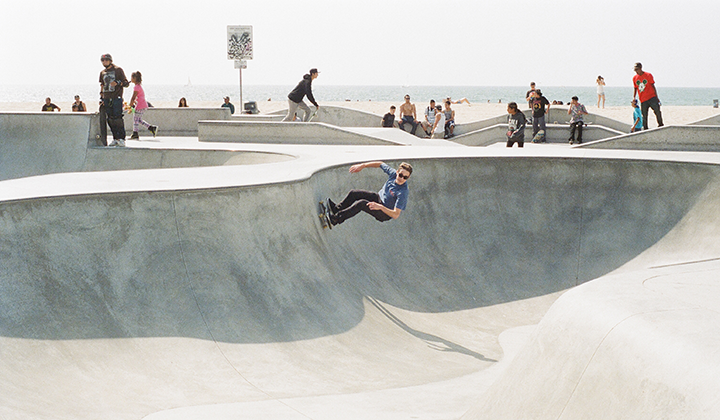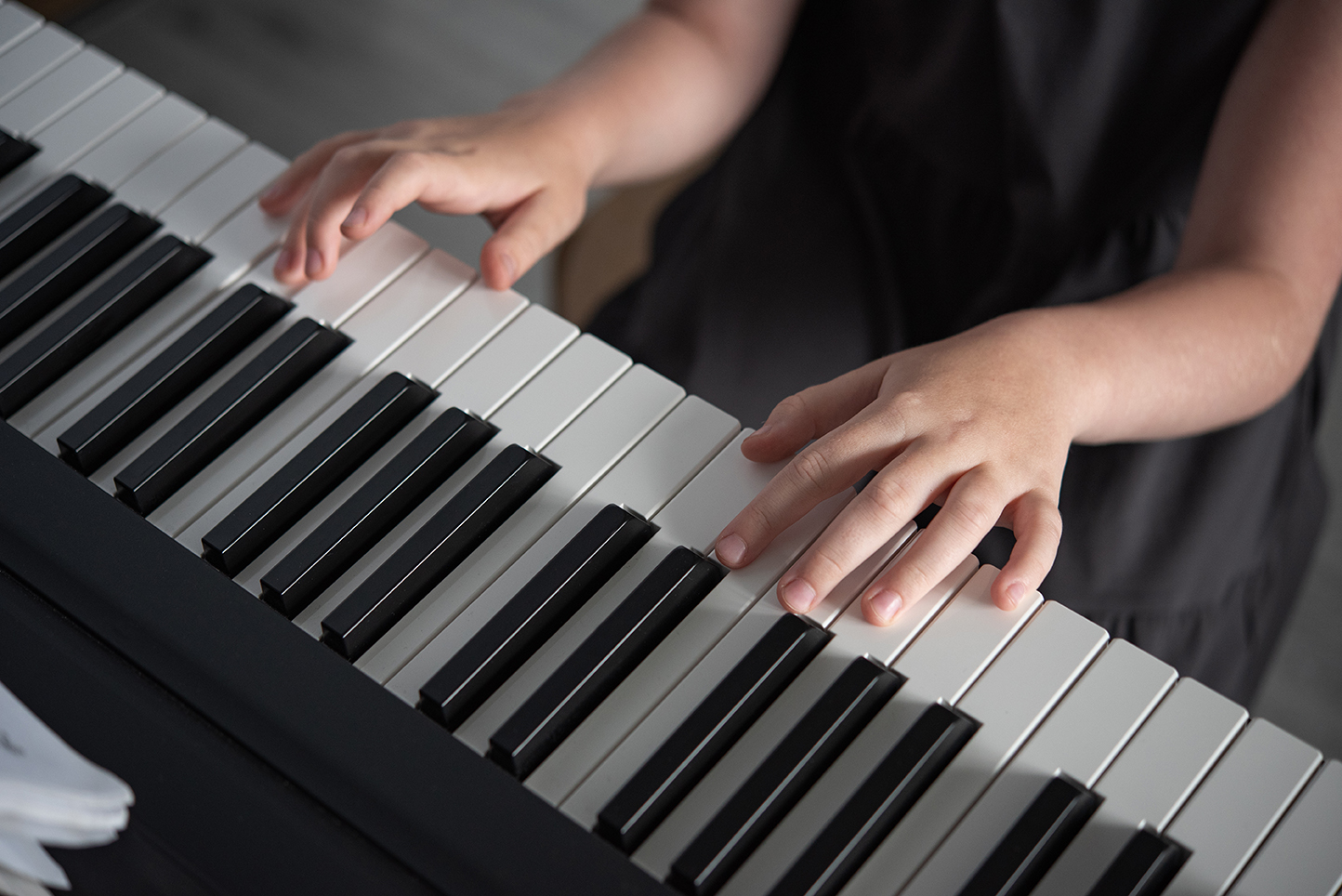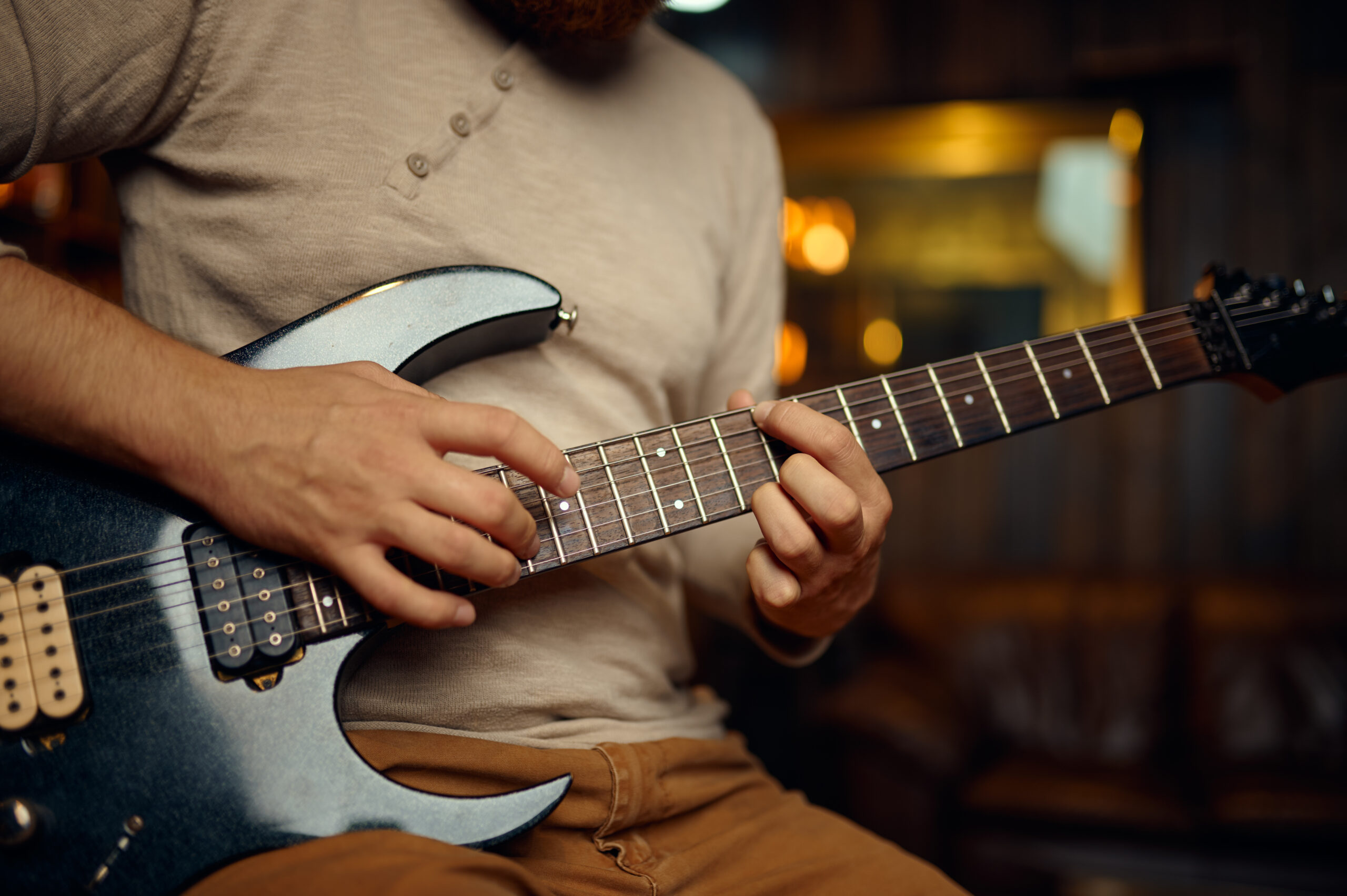“Flow” – and why you want to get there
Latest Posts • August 25, 2015

As a musician, you’ve probably experienced this blissful state of being totally lost to the world. It’s a feeling of being fully immersed and completely involved in playing your instrument. You lose all sense of time – feeling strong, alert, unselfconscious and at the peak of your abilities. Your instrument’s your only focus. The ‘doing’ and your consciousness become one. Everything feels effortlessly free.
Or maybe you wanted to land a new trick on your board (or master a hard climbing route, finish a work project, paint a painting – flow experiences can take place in different activities for different people). Highly focused, you would repeat the trick for hours on end, oblivious to the world around you. Your mind was so fully absorbed in the activity that you “forgot yourself” – you were ‘in the zone’.
Amongst psychologists this experience is known as “flow.” Mihály Csíkszentmihályi, a pioneer of the scientific study of happiness, developed the concept of flow in the 1970s. Searching for what makes people happy, he studied musicians, actors, dancers, athletes and scientist – all people who love to create, explore and do what they do just for the love of doing it.
And that’s where he encountered it: flow. The “state in which people are so involved in an activity that nothing else seems to matter.” (Csíkszentmihályi)
When “nothing else matters” you’re in a state of heightened creativity and enhanced learning ability. You’re rewarded by many positive emotions and much more likely to push through the hard parts. Your experience becomes so enjoyable that you’ll “continue to do it even at great cost, for the sheer sake of doing it.” (Csíkszentmihályi)
How can we create the right conditions to find our own ‘flow’?
Csikszenthihalyi identifies a number of elements that need to be involved in order to achieve flow:
A balance between challenges and skills.
Immediate feedback to one’s actions.
Clear goals every step of the way.
Action and awareness are merged.
Distractions are excluded from consciousness.
No worry of failure.
Self-consciousness disappears.
The sense of time becomes distorted.
The activity becomes an end in itself.
You’re also much more likely to experience flow when the task you’re performing isn’t too hard – or too easy – but like Goldilocks, it has to be ‘just right’. And you should always adjust to feedback as you go.
At Modern Music School, your teacher will help you create the appropriate challenges and feedback loops to get you into flow.
As professional musicians, they’ve spent countless hours in flow states themselves, and they’re perfectly capable to help you navigate the constant balancing act between anxiety (where the difficulty is too high for your skill) and boredom (where the difficulty is too low).
They’re able to give you clear and immediate feedback whenever you’re in doubt as to whether you’re doing something properly or not.
But they don’t rely on their personal experience alone – their extensive teacher training also gives them a strong foundation in the psychological science to back it all up.
Learning to focus your attention on what matters (i.e. playing your instrument) will allow you to find your flow more easily. And once you’ve learned that, you’ll have real life superpowers!
Being able to get into a flow-state will not only benefit your music practice, but everything you do. It will allow you to access your best self and reach peak performance effortlessly – in all areas of life.
At Modern Music School you’ll learn techniques to help you gradually take control over your mind. In flow, nearly all of your brain will be devoted to your practice. Negative thoughts can no longer enter your mind – there’ll be no room for fear, over-ambition or impatience.
And as you strengthen this sense of personal control, your music practice will be entirely rewarding in and of itself (intrinsically rewarding).
External rewards or a desire “to get it right” will no longer drive you. The goal of your music practice becomes music practice. Everything is replaced by a deep feeling of well-being and harmony.
So the next time you sit down to play your instrument, notice how you “zone in” with the music and enjoy your best self – while the world around you disappears for a while.




Leave A Comment